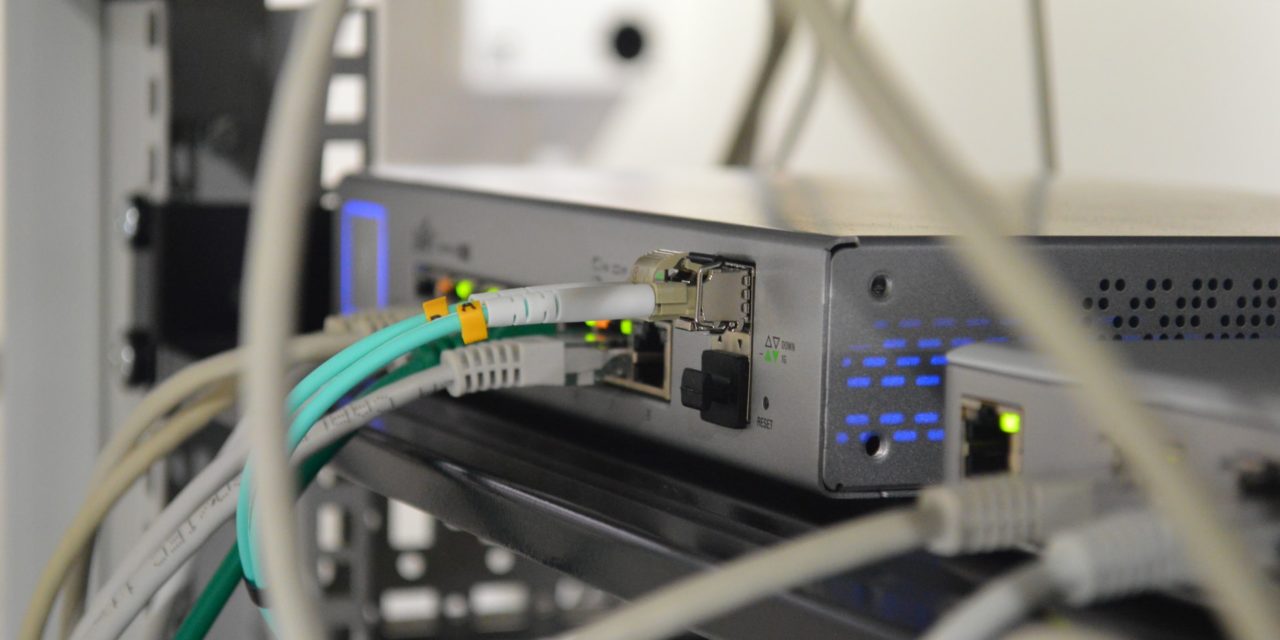[ad_1]
Your home WiFi network can be an opportunity to show your personality and get creative. When neighbors and their visitors search for wireless connections in the area, they'll see the name that you have chosen. Sure, it's not as obvious to passersby as the exterior paint or landscaping, but it's definitely a part of how you are perceived by neighbors. If you live in a crowded apartment complex, you may be known only by your music volume and your WiFi name. A creative password is also essential to make sure that your connection is safe and private. Follow these tips for setting up an epic local network connection.
Get creative with the name.
Please don't leave the default string of letters and numbers. While it may feel like you're keeping the connection anonymous, anybody who looks at the signal strength on their device can make a good guess. Walk down the street with your phone searching for connections, and you can reliably identify most of the homes on the block, just by the signal strength as it peaks and fades. Like the email address you first made in middle school, the wireless router is an opportunity for unprofessional flourishes of creativity. Even if you just want to make a pair of breasts with parentheses and periods, only the neighbors can judge you. Consider referencing pop culture or your favorite book series, and you may become the coolest person at the next neighborhood block party.
Some people use their network name as a way to send messages to neighbors, which can come off as passive aggressive. “PickUpYourDogPoo” may get a laugh from neighbors who share your frustration, but someone who takes offense could respond unpredictably. To get a more consistently positive response, stick to puns and pop culture like “Hide Yo Kids Hide Yo WiFi.”
Get creative (in the right way) with the password.
When making passwords for your different online accounts, you often have to include capital letters, numbers, and symbols. The result is that people have been trained to think of passwords as variations on single words. Substituting an “at sign” for the letter “a,” however, doesn't make a password significantly more secure. Similarly, it's usually the first letter of a password that we capitalize. These passwords are also tedious to explain to guests, since you have to explain all the substitutions and which letters are capitalized. Instead of depending on numbers and symbols, think of a string of three random words. Unrelated words are much harder to guess than the usual substitutions and password variations. Ideally, your WiFi password should be very difficult to guess and very easy to explain to guests.
Keep theses tips in mind when setting up your home wireless network, and your connection can give you a feeling of warmth and accomplishment every time you sign on. The clever handle that you haven't used since AIM can give your entire neighborhood a chuckle of enjoyment. When you know you have a winning combo, get an extra antenna to boost the signal strength throughout your home and further down the street.
[ad_2]
Source by Andrew Stratton

